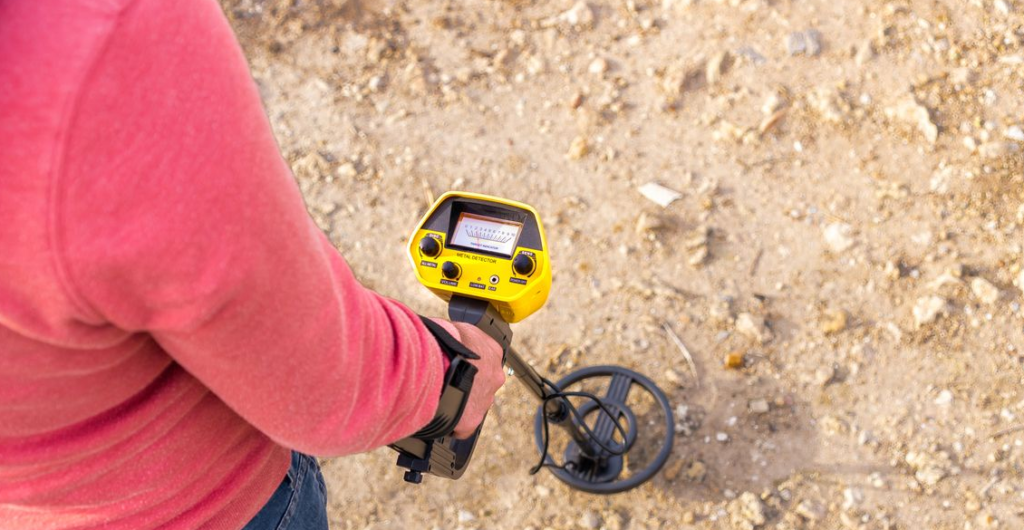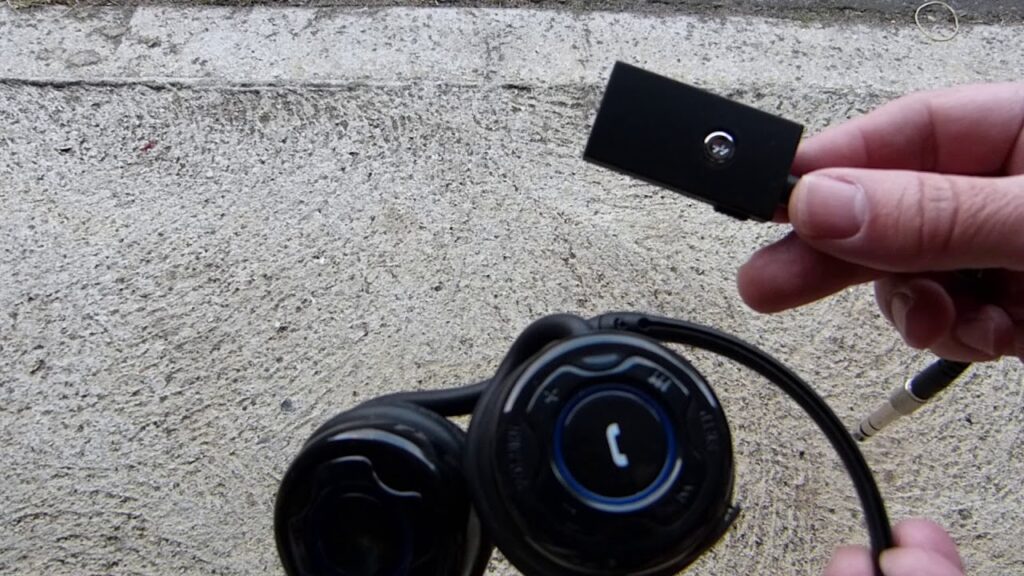
Search coils are the most important part of a metal detector. They are responsible for creating the magnetic field that detects metal objects underground. Search coils come in a variety of sizes and shapes, and they operate at different frequencies.
Some metal detector users may want to use a different search coil with their detector for various reasons. For example, a user may want to use a larger search coil to cover more ground or a smaller search coil to hunt in tight spaces. A user may also want to use a search coil that is optimized for a specific type of metal, such as gold or coins.
Are search coils interchangeable between brands of metal detectors?
In general, search coils are not interchangeable between brands of metal detectors. This is because different brands use different proprietary technology. Additionally, different brands have different plug-in connectors and shaft attachments. Finally, different brands operate at different frequencies and use completely different circuit boards.
Here is a more detailed explanation of each of these factors:
- Proprietary technology: Each metal detector brand has its own proprietary technology that is used in its search coils. This technology may include the design of the coil, the materials used, and the manufacturing process. As a result, search coils from different brands are not usually compatible with each other.
- Plug-in connectors and shaft attachments: Search coils from different brands may have different plug-in connectors and shaft attachments. This means that a search coil from one brand may not be able to be plugged into the control unit of another brand, or it may not be able to be attached to the shaft of another brand.
- Frequency: Search coils operate at different frequencies. The frequency of a search coil affects its depth of detection and its ability to discriminate between different types of metal. Search coils from different brands may operate at different frequencies, so they may not be compatible with each other.
- Circuit boards: Metal detector control units contain circuit boards that are specifically designed to work with the search coils from that brand. If a user tries to use a search coil from another brand with their metal detector, the control unit may not be able to recognize the coil or it may not be able to power it properly.
Exceptions to the rule
There are a few exceptions to the rule that search coils are not interchangeable between brands.
- Aftermarket coils: Some aftermarket coil manufacturers make coils that are compatible with specific brands of metal detectors. These coils are designed to work with the proprietary technology of the metal detector brand, and they have the correct plug-in connectors and shaft attachments.
- Interchangeable brands: Some brands of metal detectors are owned by the same parent company, so their coils may be interchangeable. For example, the Minelab X-Terra 705 and the Fisher F75 are both owned by Minelab, so their coils are interchangeable.
- Older metal detectors: Some older metal detectors may have coils that are interchangeable with other brands. This is because older metal detectors were less sophisticated and used less proprietary technology. However, it is important to check with the manufacturer or a knowledgeable metal detector dealer to make sure that the coils are compatible before using them.
How to check if a search coil is compatible with your metal detector
The best way to check if a search coil is compatible with your metal detector is to consult the manufacturer’s website or manual. You can also contact the manufacturer directly to inquire about compatibility.
Tips for choosing the right search coil for your needs
When choosing a search coil, it is important to consider the following factors:
- Size and shape: Larger search coils will cover more ground, but they can be more difficult to maneuver in tight spaces. Smaller search coils are easier to maneuver, but they will cover less ground.
- Frequency: Search coils operate at different frequencies, which can affect their performance in different environments. For example, lower-frequency coils are better at detecting large objects deep underground, while higher-frequency coils are better at detecting small objects.
- Material: Search coils are made from a variety of materials, including plastic, fiberglass, and carbon fiber. Different materials have different advantages and disadvantages. For example, plastic coils are lightweight and durable, but they can be less sensitive than coils made from other materials.
- Price: Search coils can range in price from a few dollars to several hundred dollars. The price of a search coil will depend on its size, shape, frequency, material, and features.
Conclusion
In general, search coils are not interchangeable between brands of metal detectors. This is because different brands use different proprietary technology, different plug-in connectors and shaft attachments


